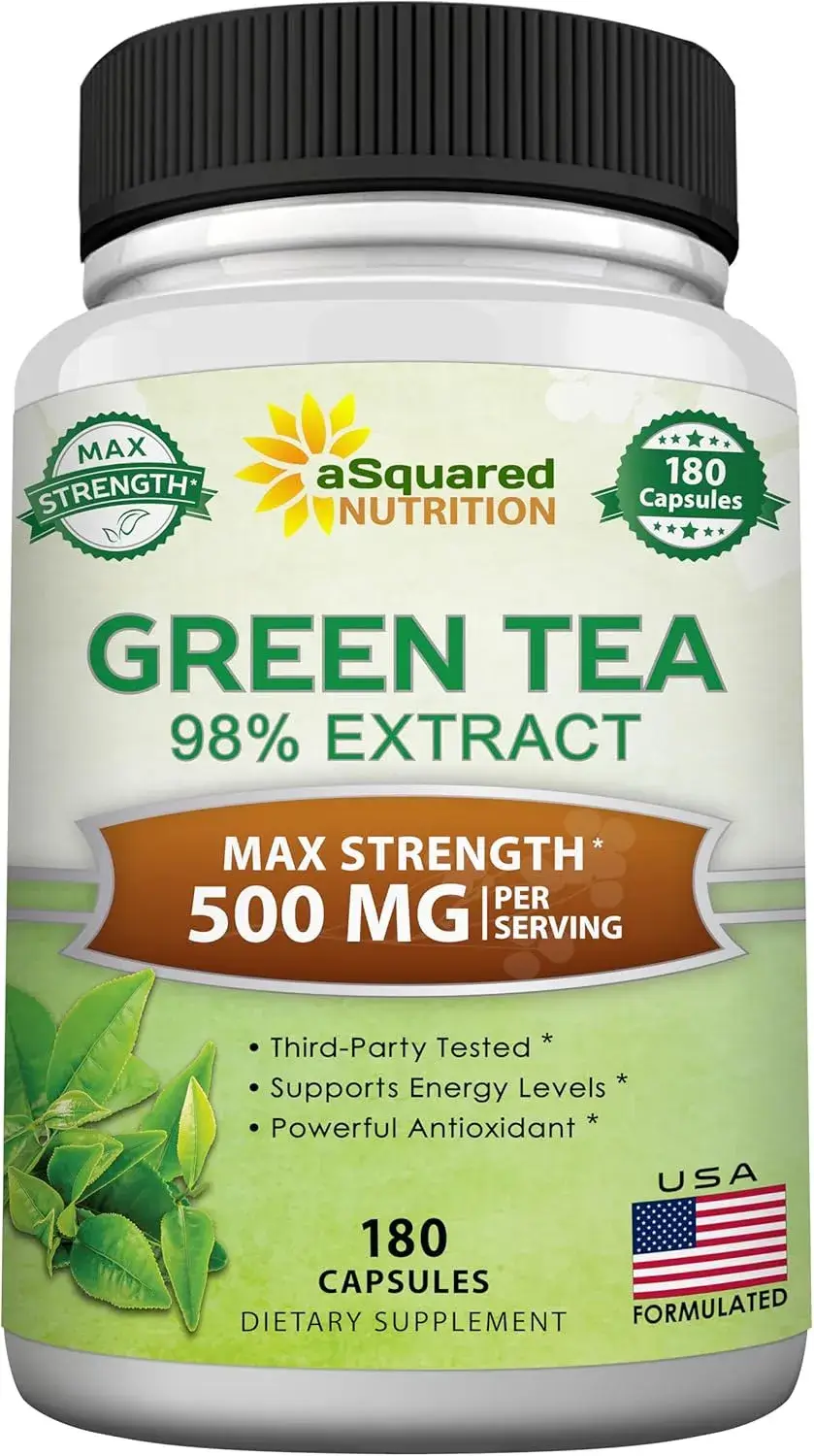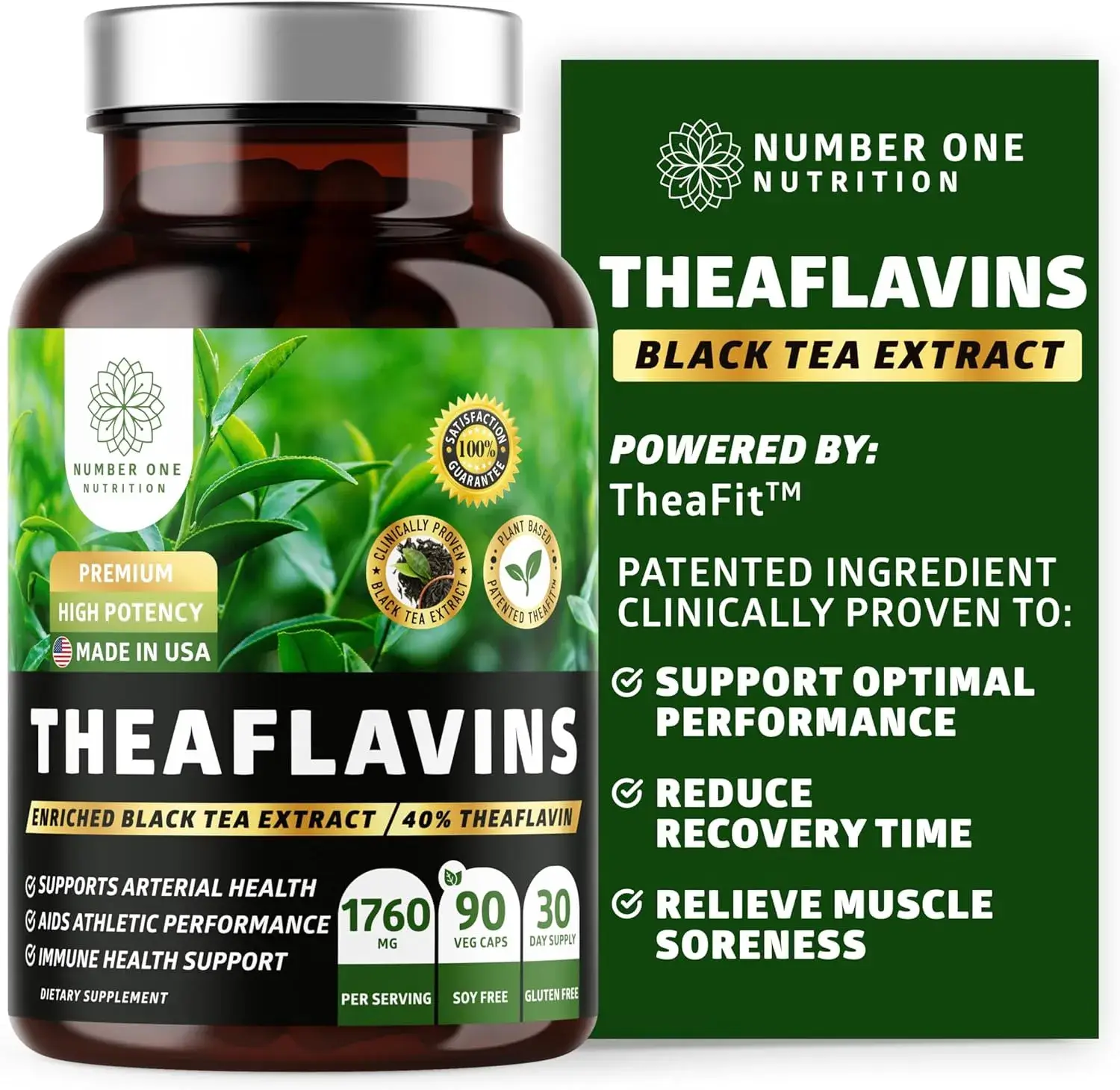Table of Contents
The benefits of tea in the morning extend far beyond just a pleasant wake-up ritual. In fact, tea can contain up to 10 times more antioxidants than fruits and vegetables, making it a powerhouse morning beverage choice that many health-conscious individuals are turning to.
While coffee remains America’s favorite morning drink, with 62% of Americans consuming it daily, drinking tea in the morning offers impressive health advantages that deserve attention. Studies show that morning tea benefits include reducing heart attack risk by nearly 20% and stroke risk by 35% among those who drink just 1-3 cups daily. Additionally, black tea can help lower cortisol levels in stressed individuals by as much as 47%, while simultaneously supporting gut health by improving microbial diversity.
In this comprehensive guide, we’ll explore why science increasingly suggests that tea might be the superior morning beverage choice, what specific health benefits different types of tea offer, and how to incorporate this ancient drink into your daily routine for optimal wellbeing.
Tea vs Coffee: What Science Says About Morning Energy

When comparing morning beverages, understanding the science behind their energy effects helps explain why many people are switching from coffee to tea for their morning boost.
Caffeine content comparison
Most people reach for coffee when they need a quick energy boost because it contains significantly more caffeine than tea. An 8-ounce cup of brewed coffee typically contains 90-150 mg of caffeine, compared to just 20-50 mg in the same amount of tea. Black tea contains about 40-70 mg of caffeine per cup, whereas green tea contains slightly less at 14-60 mg.
Interestingly, tea leaves actually contain more caffeine by weight (about 4%) than coffee beans (0.9-2.6%). However, the coffee brewing process uses hotter water, which extracts more caffeine from the beans. Furthermore, brewing time and water temperature greatly impact caffeine extraction from tea – longer steeping in hotter water results in more caffeine in your cup.
How L-theanine balances caffeine in tea
The real magic of tea lies in its unique combination of caffeine and L-theanine, an amino acid found almost exclusively in tea leaves. While caffeine is a stimulant, L-theanine promotes relaxation without drowsiness by increasing alpha waves in the brain.
This unique pairing creates what scientists call “relaxed alertness” – mental clarity without the jittery feeling coffee often produces. Clinical studies show that L-theanine diminishes some of caffeine’s less desirable effects like increased blood pressure and disrupted sleep. Notably, it doesn’t blunt caffeine’s positive effects on cognitive performance but rather enhances them.
Research indicates that a combination of L-theanine and caffeine significantly improves accuracy during tasks, increases self-reported alertness, and reduces tiredness. The optimal ratio appears to be about 2:1 L-theanine to caffeine.
Why tea offers steady energy without crashes
Unlike coffee’s intense but short-lived energy spike, tea provides a gentler, more sustained boost that many find preferable for morning productivity. This difference occurs for several reasons:
- Lower caffeine content: Tea’s moderate caffeine levels provide energy without overwhelming your system
- Slower absorption: Tea’s caffeine is released more gradually into your bloodstream due to other compounds like antioxidants
- L-theanine’s balancing effect: This amino acid smooths out caffeine’s stimulating properties, preventing the jittery feeling and subsequent crash
- Better hydration: Tea contributes to your daily fluid intake, helping maintain energy levels throughout the morning
Consequently, tea drinkers often report feeling energized for longer periods without experiencing the mid-morning energy crash that coffee drinkers frequently describe. This makes tea particularly beneficial for those needing consistent morning energy and focus.
👉 Discover Premium Green Tea Bliss for Your Ultimate Wellness 👈
8 Science-Backed Morning Tea Benefits You Should Know
Starting your day with a cup of tea offers numerous evidence-based health advantages beyond just waking you up. Scientific research has revealed several specific benefits that make tea an excellent morning beverage choice.
1. Boosts metabolism and supports weight loss
Green tea contains catechins and caffeine that can increase metabolism by helping your body break down fats more quickly and burn more calories. Studies show that the EGCG in green tea may help reduce markers associated with obesity, including total body weight and body fat percentage. Moreover, some research suggests that tea catechins, especially EGCG, could aid fat oxidation by boosting the effects of fat-burning hormones.
2. Enhances brain function and focus
Tea contains L-theanine, which crosses the blood-brain barrier and increases neurotransmitter levels of GABA, serotonin, and dopamine. Research shows that L-theanine increases alpha wave activity in the brain, associated with relaxation and focus. Studies indicate that tea influences psychopathological symptoms, cognition, and brain function, including activation of working memory as seen in functional MRI.
3. Reduces stress and cortisol levels
Six weeks of black tea consumption leads to lower post-stress cortisol levels and greater subjective relaxation during recovery periods. In one study, black tea drinkers showed cortisol levels dropping by 47% following a stressful task, compared to only 27% in the placebo group. Additionally, decaffeinated green tea administered for six weeks significantly improved depression, anxiety, and stress in adolescents.
4. Supports gut health and microbiome diversity
Drinking 1000 mL of green tea daily (about 4-5 cups) demonstrates prebiotic effects and improves the colonic environment by increasing the proportion of beneficial Bifidobacterium species. Tea consumption, especially green tea or drinking more than three cups daily, affects gut microbiome diversity and the abundance of beneficial bacteria. Green tea can favor the growth of beneficial bacteria, inhibit harmful ones, and increase production of beneficial metabolites like short chain fatty acids.
5. Acts as a natural anti-inflammatory
Both green and black tea possess marked anti-inflammatory effects against protein denaturation. Green tea was found to be more active than black tea, likely due to its higher flavonoid content. The polyphenols in green tea, especially EGCG, have demonstrated anti-inflammatory effects that can help relieve flare-ups associated with inflammatory bowel diseases.
6. Strengthens immune system
Tea contains flavonoids, which are naturally occurring compounds with antioxidant properties that help neutralize free radicals. Green tea and catechins help fight against various pathogens by decreasing their ability to infect the host and supporting the immune system. Besides, green tea and catechins have been found to improve autoimmune disorders by promoting self-tolerance and enhancing tissue repair.
7. May reduce risk of chronic diseases like cancer
Green tea consumption has been associated with reduced risks of breast, ovarian, liver, colorectal, skin, prostate, and oral cancers. One cup of green tea contains approximately 200 mg of EGCG, which has beneficial medicinal effects on several types of cancers. Primarily, studies have shown that regular tea drinkers have a lower risk of death from cardiovascular disease, ischemic heart disease, and stroke.
8. Helps protect memory and cognitive health
A study in the Journal of Nutrition, Health & Aging showed that frequent tea drinkers had a 50% lower risk of dementia. Importantly, this protection extended to people carrying the APOE4 gene variant, a known risk factor for Alzheimer’s. Regular tea consumption is associated with improved cognitive function scores and 59.7%, 74.8%, and 81.8% lower likelihood of having severe, moderate, and mild cognitive impairment respectively.
Types of Tea and Their Unique Morning Benefits

Different varieties of tea offer unique health advantages when consumed in the morning. Each type provides distinct benefits based on its processing method and chemical composition.
Green tea: metabolism and antioxidants
Green tea stands out for its impressive metabolic benefits every morning. Its high concentration of catechins—particularly EGCG—helps protect cells from damage and reduces inflammation. These powerful compounds support brain function, enhance fat burning, and may lower the risk of heart disease. Furthermore, green tea contains significant amounts of polyphenols that constitute up to 30% of its dry mass, making it exceptionally rich in antioxidants that combat oxidative stress.
Black tea: gut health and energy
Black tea undergoes full oxidation, developing rich theaflavins and thearubigins that lower cholesterol and reduce oxidative stress. A 2023 study revealed that drinking three cups daily increased healthy gut bacteria, including types crucial for immunity. Indeed, black tea provides more caffeine than green varieties, offering a perfect morning energy boost without the jitters.
Herbal teas: calming and digestive support
Though not true teas (as they don’t contain Camellia sinensis leaves), herbal teas excel at morning digestive support. Peppermint tea relaxes digestive tract muscles, reducing indigestion and bloating. Meanwhile, chamomile soothes both mind and stomach with its anti-inflammatory properties. Both options provide caffeine-free alternatives for gentle morning hydration.
White tea: fat cell regulation
White tea undergoes minimal processing, preserving its natural compounds. Studies indicate it regulates fat metabolism by inhibiting adipogenesis and stimulating lipolysis. Research demonstrates white tea reduces weight gain and lowers cholesterol levels, partly through its ability to modulate fat cell formation.
Matcha: high antioxidant content
Matcha contains exceptional levels of antioxidants (1968.8 mg/L flavonoids; 1765.1 mg/L polyphenols). This powdered green tea offers concentrated L-theanine for focused calmness alongside caffeine for sustained energy. Its EGCG content exceeds regular green tea, potentially helping prevent certain cancers.
👉 Elevate Your Morning Ritual with Top-Rated Black Tea Today 👈
How to Make Morning Tea a Healthy Daily Habit

Creating a thoughtful morning tea ritual can transform your daily wellness routine. Making the right choices about timing, pairing, and selection will maximize those morning tea benefits.
Best time to drink tea in the morning
The ideal moment for your first cup isn’t immediately after waking. Since caffeine stimulates stomach acid production, drinking tea on an empty stomach may cause nausea or discomfort. Instead, wait about an hour after rising or have it with breakfast. For optimal energy, green tea works well in the morning or midafternoon when you need that gentle boost.
Should you drink tea before or after breakfast?
Generally, enjoying tea approximately 15-20 minutes after breakfast is preferable. This timing prevents tea’s tannic acid from interfering with protein and iron absorption from your meal. According to nutritionists, tea should ideally be consumed at least two hours after a meal for maximum nutrient absorption.
Tips for reducing caffeine dependency
To decrease caffeine reliance, avoid quitting cold turkey as this triggers withdrawal symptoms including headaches. Start by replacing one daily coffee with tea, which has roughly half the caffeine. Gradually substitute with lower-caffeine options like white or herbal varieties. Staying hydrated helps manage energy levels naturally.
Choosing the healthiest tea for your needs
Select tea based on your morning goals—green tea for metabolism, black tea for sustained energy, or herbal options for digestion. Limit consumption to 2-4 cups daily. For stress reduction, chamomile promotes relaxation, while peppermint supports digestion.
Conclusion: Embracing the Benefits of Tea in the Morning

Tea stands as a formidable alternative to coffee for your morning ritual, offering a wealth of evidence-backed benefits that extend far beyond mere hydration. Scientific research clearly demonstrates that the unique combination of L-theanine and caffeine in tea creates “relaxed alertness” – giving you mental clarity without the jitters or crashes associated with coffee.
Beyond energy benefits, tea proves itself as a health powerhouse. Regular consumption significantly reduces heart attack risk by nearly 20% and stroke risk by 35%. Additionally, tea supports metabolism, enhances brain function, reduces stress, promotes gut health, fights inflammation, strengthens immunity, and potentially protects against chronic diseases and cognitive decline.
Each tea variety offers distinct advantages worth considering. Green tea excels at boosting metabolism with its high antioxidant content, while black tea supports gut health and provides steady energy. Herbal varieties offer calming and digestive benefits, white tea regulates fat cells, and matcha delivers concentrated antioxidant power.
You can easily maximize these benefits through thoughtful incorporation into your morning routine. Waiting about 15-20 minutes after breakfast proves ideal for tea consumption, allowing your body to absorb nutrients properly while still getting that gentle energy boost. Depending on your specific health goals, you might choose green tea for metabolism support or chamomile for stress reduction.
After all, switching from coffee to tea represents more than just changing beverages – it marks a significant lifestyle upgrade backed by substantial scientific evidence. Though coffee remains America’s favorite morning drink, tea deserves serious consideration for anyone seeking balanced energy and comprehensive health benefits. Whether you aim to reduce stress, support weight management, or simply enjoy sustained focus throughout your morning, tea offers a gentle yet powerful solution rooted in centuries of tradition and validated by modern science.
👉 Unlock the Best Green Tea Flavor Adventure of Your Life 👈
Key Takeaways
Science reveals that morning tea offers superior health benefits compared to coffee, providing sustained energy without crashes while delivering powerful wellness advantages.
• Tea provides steady energy without jitters: L-theanine balances caffeine effects, creating “relaxed alertness” and preventing the energy crashes common with coffee.
• Significant disease prevention benefits: Regular tea consumption reduces heart attack risk by 20% and stroke risk by 35% while lowering cortisol levels by 47%.
• Multiple health advantages in one cup: Tea boosts metabolism, enhances brain function, supports gut health, fights inflammation, and may protect against cancer and cognitive decline.
• Different teas serve different purposes: Green tea excels for metabolism and antioxidants, black tea for gut health and energy, while herbal varieties offer calming digestive support.
• Timing matters for maximum benefits: Drink tea 15-20 minutes after breakfast rather than on an empty stomach to optimize nutrient absorption and prevent digestive discomfort.
The research is clear: switching from coffee to tea represents a science-backed upgrade that delivers both immediate energy benefits and long-term health protection through one simple daily habit change.
FAQs
Q1. How does the energy from tea compare to coffee? Tea provides a more balanced and sustained energy boost compared to coffee. The L-theanine in tea works synergistically with caffeine to create a state of “relaxed alertness” without the jitters or crashes often associated with coffee.
Q2. What are the main health benefits of switching from coffee to tea? Switching to tea can reduce stress, lower cortisol levels, improve gut health, and decrease the risk of heart disease and stroke. Tea also contains powerful antioxidants that may help protect against chronic diseases and cognitive decline.
Q3. Which type of tea is best for boosting metabolism? Green tea is particularly effective for boosting metabolism due to its high concentration of catechins, especially EGCG. These compounds can help increase fat burning and may support weight management efforts.
Q4. Can drinking tea improve sleep quality? Yes, tea can improve sleep quality, especially when compared to coffee. The lower caffeine content and presence of L-theanine in tea can help reduce anxiety and promote relaxation, leading to better sleep patterns.
Q5. What’s the ideal time to drink tea in the morning? It’s best to drink tea about 15-20 minutes after breakfast. This timing allows for optimal nutrient absorption from your meal and prevents potential digestive discomfort that may occur when drinking tea on an empty stomach.
👉 Claim Your Exclusive Pack of Bestselling Black Tea Today 👈










![Jasmine Tea vs Green Tea Benefits: Which Gives Better Health Results? [2025] jasmine tea vs green tea benefits](https://www.goteaworld.com/wp-content/uploads/2025/09/jasmine-tea-vs-green-tea-benefits-150x150.webp)


